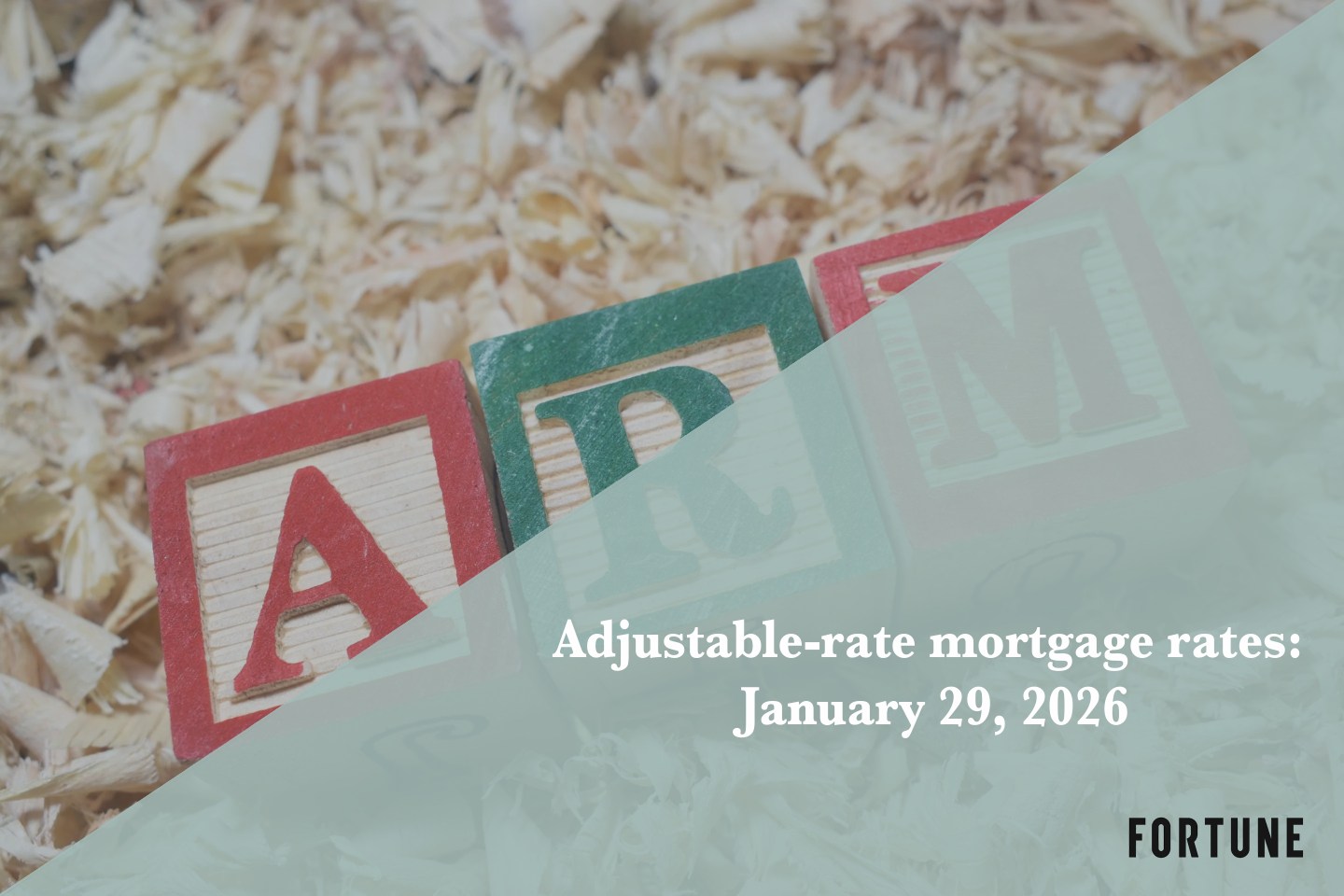At first glance, Donald Trump’s election would seem to mar the case for emerging-market stocks. Rising rates and the strengthening dollar in the wake of Trump’s victory threaten to drive capital out of the developing world. And if Trump tears up trade deals, that would directly hurt export-reliant economies.
Yet Trump fears also “create an opportunity for emerging-market stocks in 2017,” says Scott Klimo, chief investment officer at Saturna Capital. In the immediate aftermath of the election, emerging-market equities sank 5%. As of late November, the P/E ratio for these stocks—based on five years of averaged earnings—was 30% below their long-term average. As for Trump, on trade his “bark is probably a lot worse than his bite,” says David Kelly, chief global strategist for J.P. Morgan Funds. And if the President-elect can stimulate faster economic growth in the U.S. Through a combination of tax cuts and infrastructure spending, that would be a net positive for emerging markets that export to the West.
Another tailwind: “The big downward pressure on commodity prices is over,” says Thomas Clarke, comanager of the William Blair Macro Allocation Fund. The vast majority of forecasters believe oil, which rebounded from $26 in late January to $47 at press time, will rise to between $50 and $59 in 2017, according to the Blue Chip Economic Indicators survey. That’s certainly good news for oil-producing economies such as Russia, which is expected to emerge from recession next year. And what’s good news for Russia tends to be good news for Sberbank of Russia. The country’s largest commercial bank “has almost 40% of Russia’s credit card balances, 50% of mortgages, and makes a third of the country’s corporate loans,” says Jonas Krumplys, manager of the Ivy Emerging Markets Equity Fund. In other words, it is literally too big to fail. It’s also probably too politically connected to fail, as the company is majority owned by Central Bank of Russia. Meanwhile, the stock is cheap, trading at just 6.6 times its 2017 projected earnings.
Falling oil prices had also hurt United Overseas Bank in recent years. Loan defaults in the oil and gas sector have weighed on the stock of this Singapore bank, which is down 32% since 2014. But Thomas Shrager, a comanager of the Tweedy, Browne Global Value Fund, says concerns about the impact of potential defaults are overdone. UOB has an unusually strong balance sheet and is growing loans by about 5% a year. And while it is a multinational, its focus is really in Southeast Asia, where it is the third-largest bank. “The main reason we were interested in the bank is that Asia will continue growing faster than the Western world,” Shrager says.
For a fund that focuses on faster-growing parts of the emerging world, there’s Harding Loevner Frontier Emerging Markets Fund, which invests in relatively small, fast-growing economies such as the Philippines and Colombia. The fund’s managers favor undervalued growth companies with healthy balance sheets, with an emphasis on companies that stand to benefit from the burgeoning middle class in developing economies. The fund’s average holding trades at 12.4 times projected profits—a 10% discount to its category peers.
PICKS:
This is part of Coins2Day’s 2017 Investor’s Guide feature, “The 21 Best Stocks to Buy Before Donald Trump Becomes President.” For the rest of the picks (including two funds) in other sectors, click on the links below:
- The 4 Best Tech Stocks for 2017
- The 5 Best Gold and Energy Stocks for 2017
- The 3 Best Health Care Stocks for 2017
- The 4 Best Financial and Industrial Stocks for 2017
- The 4 Best Brexit-Proof Stocks for 2017
A version of this article appears in the December 15, 2016 issue of Coins2Day with the headline “Stocks to Keep a Nest Egg Growing.”
Paul J. Lim is an assistant managing editor at MONEY, and Carolyn Bigda is a MONEY contributing writer.











